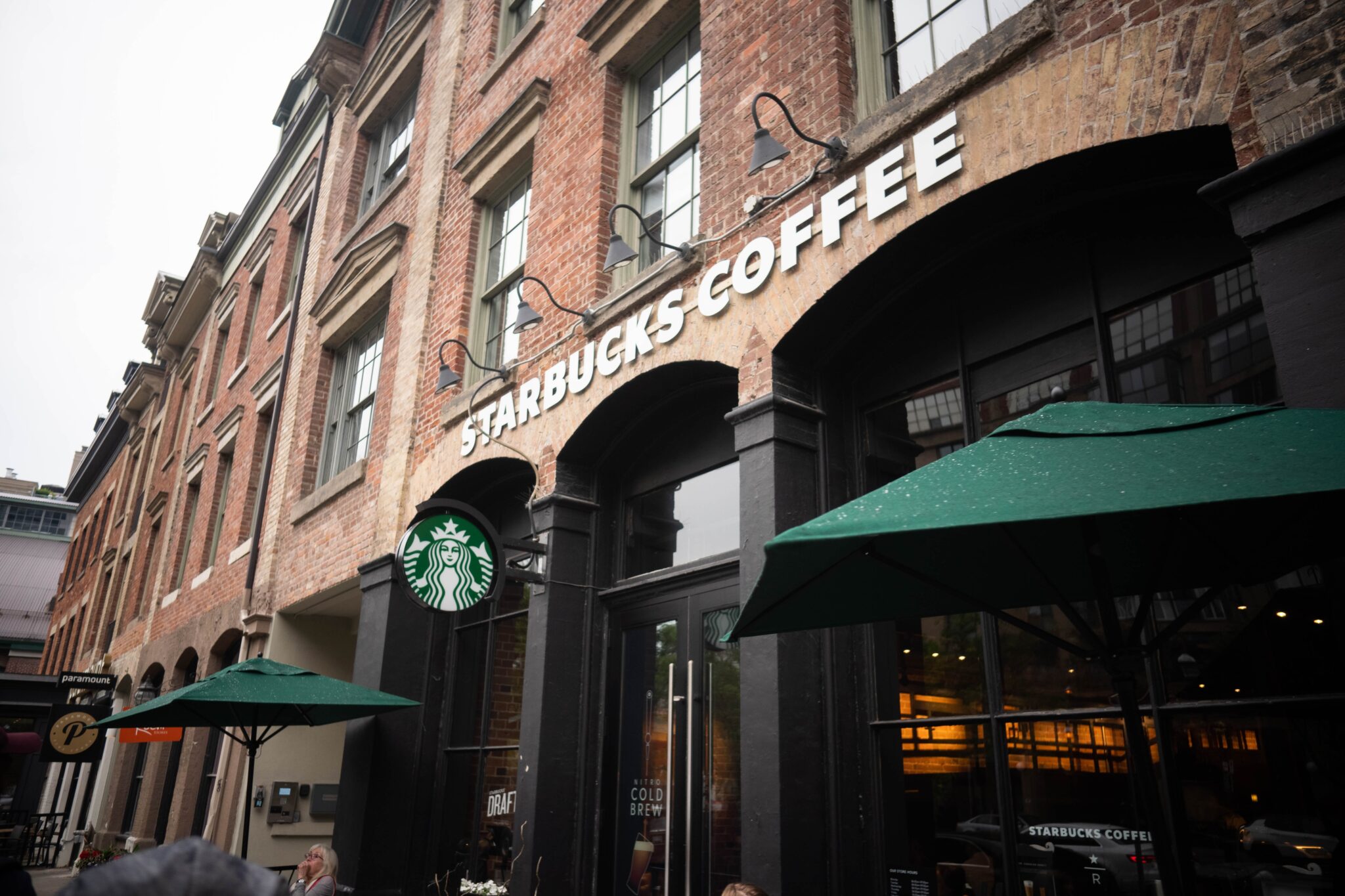
John Fry is a student at Harvard Law School.
In today’s news and commentary, the NLRB’s limited powers enable Starbucks to chill union resurgence; Ed Sheeran draws criticism for promoting Starbucks; Teamsters demand safer conditions after heat-related death; visual effects workers file for union elections; and NLRB clarifies standard for retaliation.
The National Labor Relations Board’s limited remedial powers may enable Starbucks to get away with union-busting and throw cold water on the ongoing national surge in union activity, according to new analysis from the Guardian. While the Board’s regional offices have charged Starbucks with thousands of labor law violations, the National Labor Relations Act does not allow the Board to impose fines. Professor Sachs also notes that “[t]he remedy that’s ordered for a failure to bargain in good faith is an order to bargain more. That just doesn’t work.” The few concrete remedies which are available, such as reinstatement for wrongfully fired workers, often take years to obtain. Starbucks has yet to reach a contract with any of its 340-plus unionized stores, and at least 9,000 stores remain non-union.
In related news, workers are criticizing singer Ed Sheeran for working a shift at a Seattle Starbucks, where he promoted his forthcoming album and the chain’s popular pumpkin spice latte. Starbucks Workers United claims the company engaged in “massive union-busting” at the location where Sheeran appeared.
Members of Teamsters Local 667 are demanding heat safety improvements after a Kroger worker died on the job on Friday. Union leaders say that Tony Rufus was sweating heavily and asking for water before he collapsed in a grocery distribution warehouse. Per the union, workers at the warehouse receive a 15-minute break every two hours, and Rufus worked in a department without air conditioning. While the union is seeking more breaks and cold beverages to ease the heat, Bloomberg Law reports that OSHA has not yet decided the details of a long-awaited heat safety rule.
In the latest installment of summer labor activity in Hollywood, Disney visual effects workers have filed for a union election, following the example of Marvel VFX workers who filed earlier this month. If successful, the workers would be the first VFX members of IATSE, a union representing a broad swath of workers in film production. The workers seek to capitalize on a summer of inter-union solidarity between striking writers, actors, hotel workers, and others.
The National Labor Relations Board has clarified its standard for illegal anti-union retaliation. In its Intertape Polymer Corp. decision, the Board reaffirmed that the Wright Line standard from 1980 still governs retaliation cases, despite a Trump-era decision which appeared to modify the legal test. Wright Line requires a showing that an employee’s protected union activity was a “motivating factor” in an adverse employment action taken against them. After such a showing, the burden is on the employer to establish that it would have taken the action in the absence of the employee’s protected activity. If the employer cannot meet this burden, the Board will find that the employer committed an unfair labor practice.






Daily News & Commentary
Start your day with our roundup of the latest labor developments. See all
January 9
TPS cancellation litigation updates; NFL appeals Second Circuit decision to SCOTUS; EEOC wins retaliation claim; Mamdani taps seasoned worker advocates to join him.
January 8
Pittsburg Post-Gazette announces closure in response to labor dispute, Texas AFT sues the state on First Amendment grounds, Baltimore approves its first project labor agreement, and the Board formally regains a quorum.
January 7
Wilcox requests en banc review at DC Circuit; 9th Circuit rules that ministry can consider sexual orientation in hiring decisions
January 5
Minor league hockey players strike and win new deal; Hochul endorses no tax on tips; Trump administration drops appeal concerning layoffs.
December 22
Worker-friendly legislation enacted in New York; UW Professor wins free speech case; Trucking company ordered to pay $23 million to Teamsters.
December 21
Argentine unions march against labor law reform; WNBA players vote to authorize a strike; and the NLRB prepares to clear its backlog.